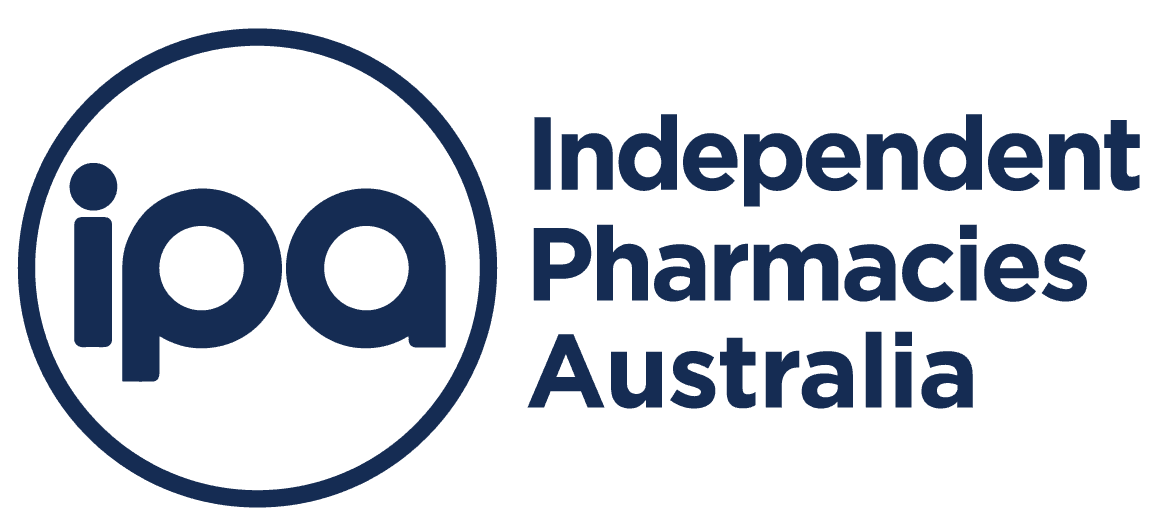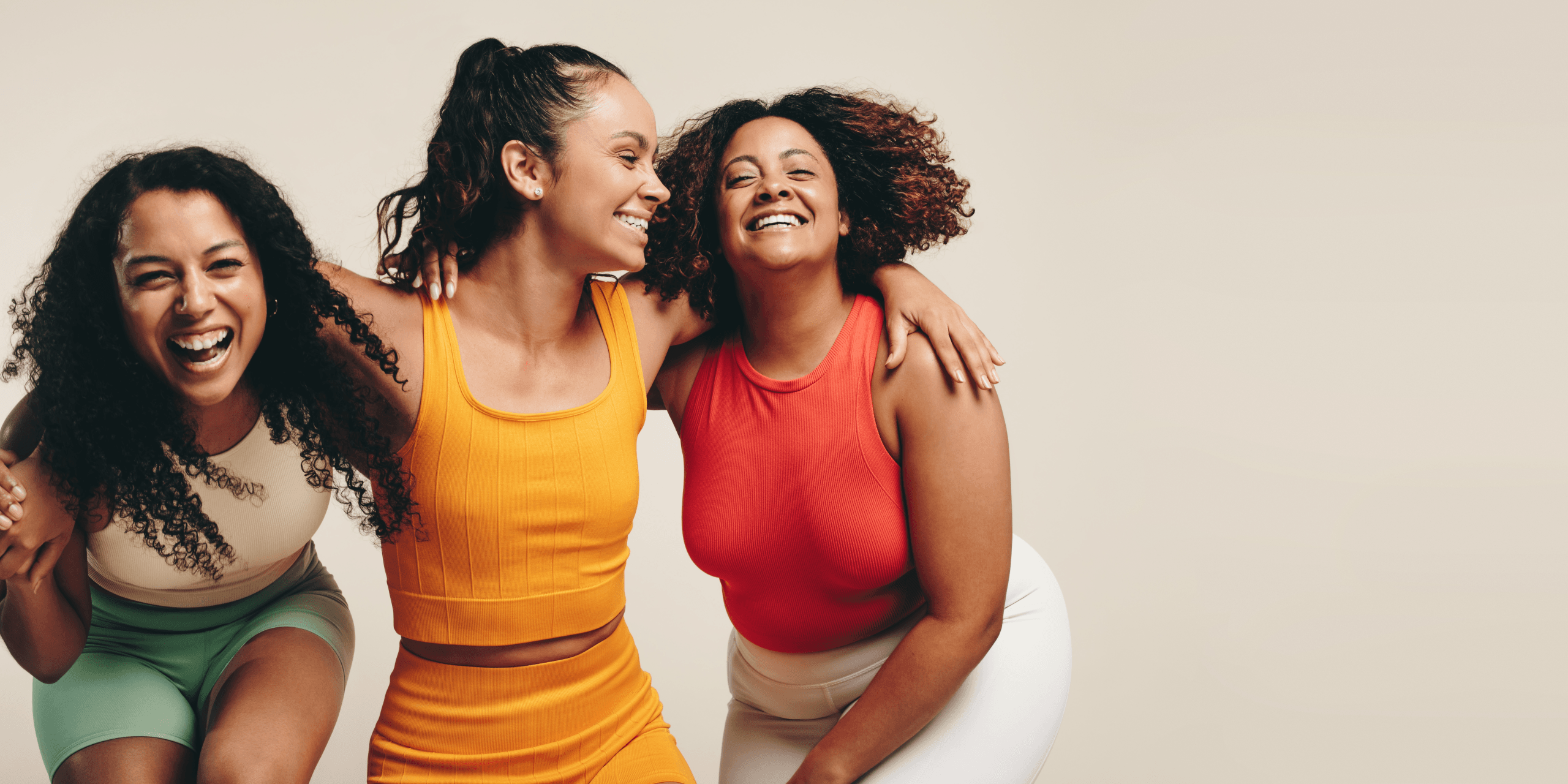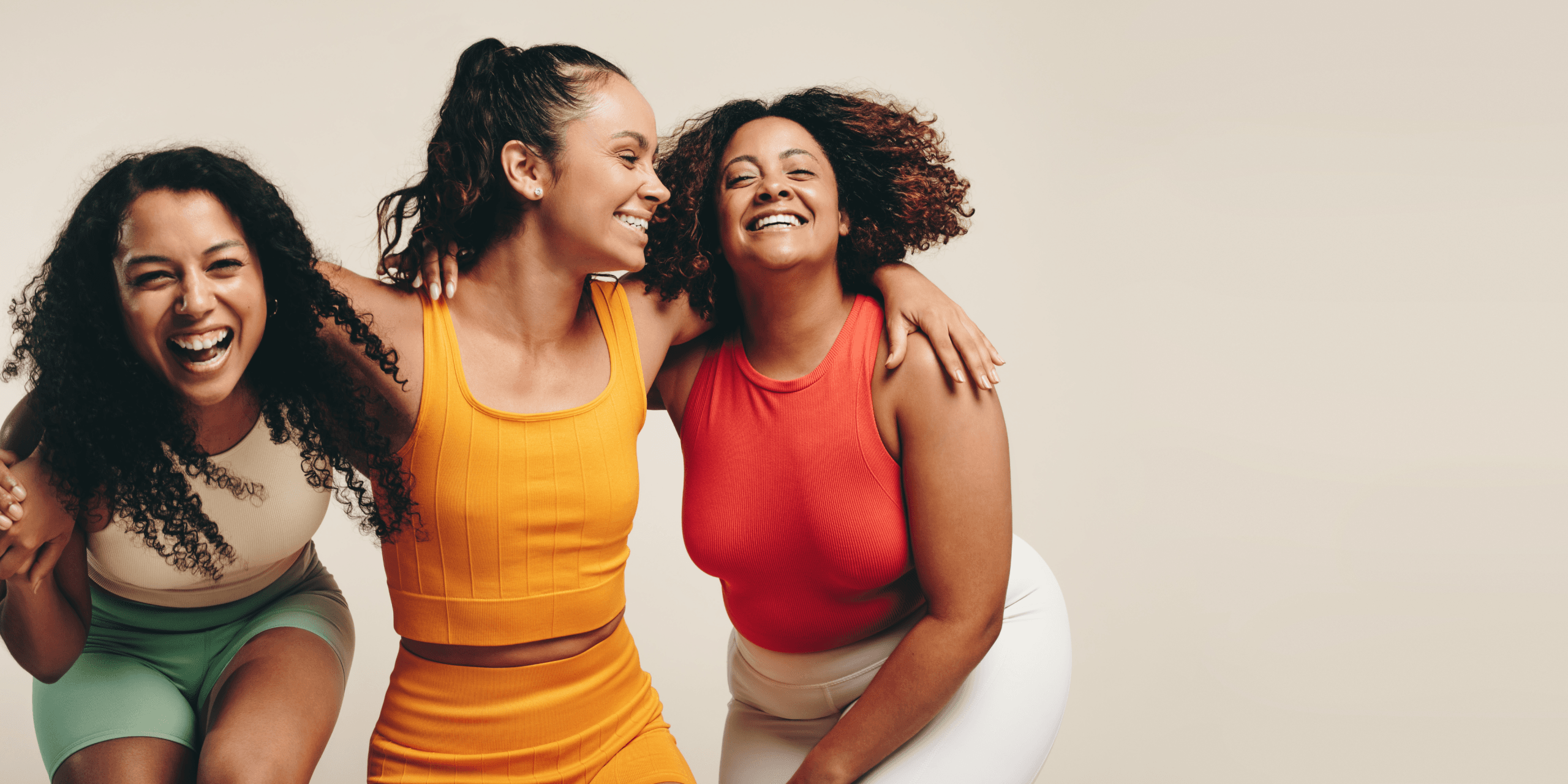Why Iron Is the Multi-Tasker You Need for Good Health
What Iron Does
Iron is one of many vitamins, minerals, and nutrients that are crucial to good health.1
As well as helping oxygen move from your lungs to the rest of your body, iron also helps your muscles store oxygen (via myoglobin).2 All of which is necessary to support the multi-tasking lifestyle of many Australian women.
Individual Needs
Iron is not a set-and-forget mineral. You need to consume it regularly as part of a healthy diet. Your required intake depends on gender, life stage, health, and lifestyle.
Pregnant women are recommended to consume 27 mg of iron daily.3 Women of reproductive age need about 18 mg, while post-menopausal women and men generally need less (8 mg).3
The table below provides a guide to recommended daily iron intake for adults.
| Age | Reccomended Daily Intake |
|---|---|
| Females 19-50 | 18mg per day |
| Female 51+ | 8mg per day |
| Males 19+ | 8mg per day |
| Pregnant & lactating women | Recommended Daily Intake³ |
|---|---|
| All pregnant women | 27mg per day |
| Lactating women, 19-30 years | 9mg per day |
Increased Need
Some women are more likely to experience iron deficiency. The good news is it’s usually easy to treat. However, you might not always notice symptoms.2 Talk to your GP about a blood test if you’re concerned—especially if you’re pregnant, have heavy periods, are a teenaged girl, follow a restricted diet, or are an elite athlete.
5 Things to Know About Iron Deficiency
1. There Are Different Levels of Iron Deficiency
Iron deficiency develops gradually and usually has few symptoms early on. Fatigue and tiredness are among the most common symptoms.1
2. Iron Deficiency Is Common
One in five Australian women under 50 is iron deficient. Globally, iron deficiency is the most common form of nutritional deficiency.1,2
3. Three General Reasons for Iron Deficiency
- Insufficient intake of iron:
- Lack of iron in diet
- Reduced iron absorption
- Restricted diet (vegetarian, vegan, low-meat)
- Loss of iron at an increased rate:
- Blood loss
- Your body has higher iron needs than normal:
- Pregnancy
- Growth
- Elite athlete
4. Too Much Iron Can Be Harmful
Treating iron deficiency has many benefits, but excessive intake can be harmful. Therapeutic iron supplements carry the risk of iron overload if not taken correctly.
Always follow your doctor’s advice and only take supplements if you’ve been diagnosed with iron deficiency.
5. Don’t Decide on Your Own
Many over-the-counter iron products are available, but not all contain enough iron to treat deficiency. Some even warn they shouldn’t be used to treat iron deficiency.3
If you suspect you’re iron deficient, see your doctor for a blood test.1 They may recommend a therapeutic supplement such as Ferro-grad C®.
Choosing a Therapeutic Oral Iron Supplement
Australia has over 100 iron supplements, but most don’t provide the recommended dose of elemental iron for treating diagnosed iron deficiency.3
Ferro-grad C® contains 105 mg of elemental iron, offering a trusted therapeutic dose if prescribed by your doctor.1
Here are four reasons why Ferro-grad C® may be your first choice:
- A therapeutic dose1,4
- Modified release tablets to reduce gastric side effects6,8
- Convenient once-daily dosage4
- Includes Vitamin C to aid absorption9,10
References:
- Gastroenterological Society of Clinical update – Iron deficiency; 2015.
- Ahmed F et al. Iron status among Australian adults: Asia Pac J Clin Nutr. 2008;17(1):40-47.
- Pasricha SS et al. Diagnosis and management of iron deficiency anaemia: Med J Aust. 2010;193:525-532.
- Ferro-grad C Product, Arrow Pharmaceuticals.
- Gastroenterological Society of Iron deficiency; Updated 2015.
- Webster JJ. Current Therapeutic Research 4(4), Apr 1962: 130-134.
- Blair H & Blair C. J Coll Gen Pract. 1967 Jan; 13(1):117-121.
- Morrison J et al. Med J Aust. 1977;1:482-484.
- Brise H & Hallberg. Acta Med Scand. 1962;171(Suppl 376):51-8.
- Pasricha R et al. Lancet. 2021;397(10270):233–248.


